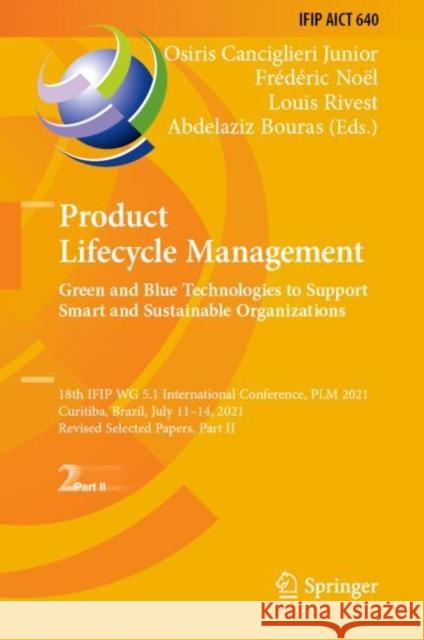Product Lifecycle Management. Green and Blue Technologies to Support Smart and Sustainable Organizations: 18th Ifip Wg 5.1 International Conference, P » książka
topmenu
Product Lifecycle Management. Green and Blue Technologies to Support Smart and Sustainable Organizations: 18th Ifip Wg 5.1 International Conference, P
ISBN-13: 9783030943981 / Angielski / Twarda / 2022 / 516 str.
Product Lifecycle Management. Green and Blue Technologies to Support Smart and Sustainable Organizations: 18th Ifip Wg 5.1 International Conference, P
ISBN-13: 9783030943981 / Angielski / Twarda / 2022 / 516 str.
cena 642,56
(netto: 611,96 VAT: 5%)
Najniższa cena z 30 dni: 616,85
(netto: 611,96 VAT: 5%)
Najniższa cena z 30 dni: 616,85
Termin realizacji zamówienia:
ok. 22 dni roboczych
Dostawa w 2026 r.
ok. 22 dni roboczych
Dostawa w 2026 r.
Darmowa dostawa!
Kategorie:
Kategorie BISAC:
Wydawca:
Springer
Język:
Angielski
ISBN-13:
9783030943981
Rok wydania:
2022
Ilość stron:
516
Waga:
0.89 kg
Wymiary:
23.39 x 15.6 x 2.87
Oprawa:
Twarda
Wolumenów:
01
Dodatkowe informacje:
Wydanie ilustrowane











